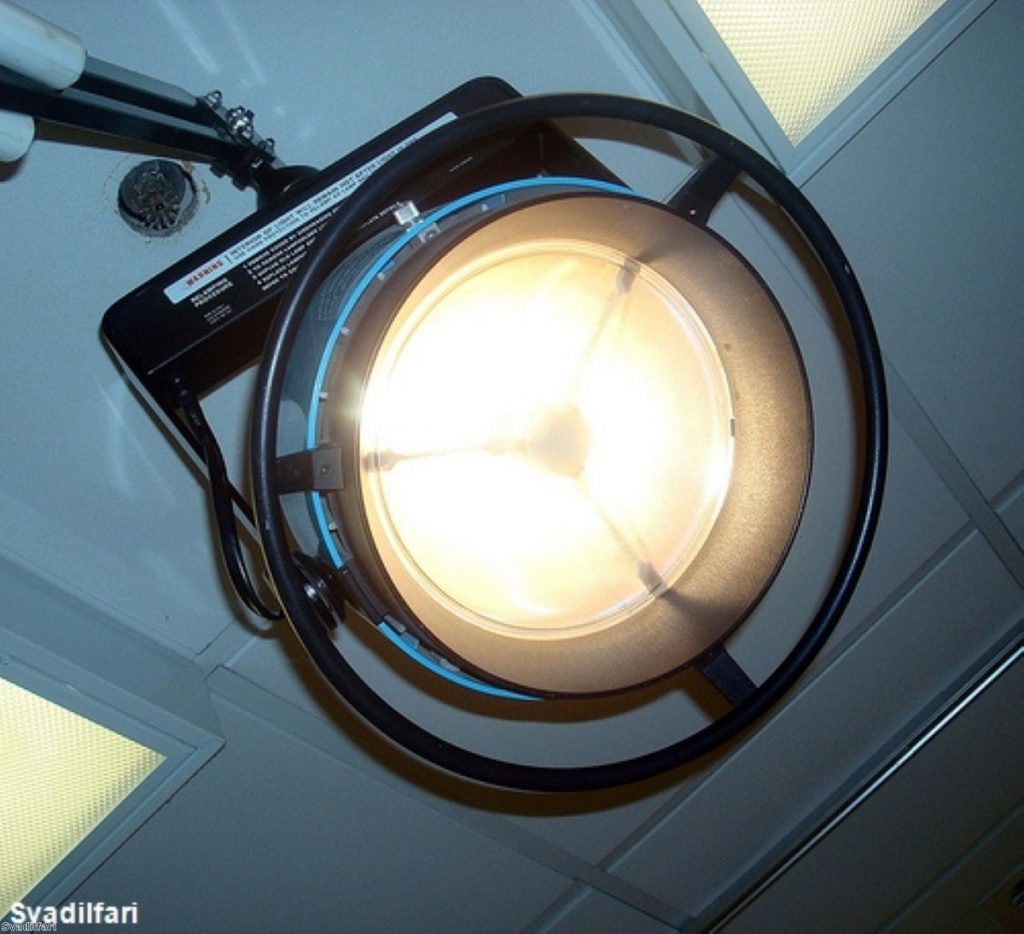NHS faces ‘test to the limit’ to deliver savings
The savings being asked of the NHS and social care are “unprecedented” and will stretch service provision “to the limit”, according to MPs.
The health select committee today released its report on public expenditure on both the NHS and local authority provision of social care services – and challenged the government’s optimism about the efficiency savings announced in the spending review.
Committee chair Stephen Dorrell said: “The government’s plans for health and social care are based on assumptions which will test these services to the limit.”


The report argued that the government’s target of making efficiencies of between £15 billion and £20 billion will require annual savings of four per cent annually for the spending review period.
Mr Dorrell added: “There is no precedent for efficiency gain on this scale in the history of the NHS, nor has any precedent yet been found of any healthcare system anywhere in the world doing anything similar.”
Both the coalition and the previous Labour government share responsibility for demanding this result, the MPs said.
Although the report concluded that such savings were still possible, the NHS would be hard pressed to deliver them without ‘frontline’ services suffering.
Although health spending has been ringfenced, Andrew Lansley’s radical proposals for reorganising the NHS will mean the organisation will come under strain. According to Mr Dorrell, this spending challenge “is not about cuts, but is about doing more with the same amount of money”.
Government claims that 40% of proposed efficiency savings can come from vague commitments to reduce the NHS treatment tariff were questioned by the MPs.
The report continued: “Although the committee recognises that opportunities exist for efficiency gain as the tariff is reduced, it is concerned that excessive reliance on this instrument will result in both quality reduction and crude cost shunting.”
The health secretary’s plans for restructuring the NHS to give doctors greater control over budgets come at a stated cost of £1.7 billion, but this figure arises from spending plans made before the election – a fact the committee called “unhelpful”.
The coalition’s plans for social services also come under scrutiny in the report.
The government does receive faint praise for transferring £1 billion from the health service to funding social care facilities.
But the MPs found that because of real terms cuts to local authority spending, social service departments will need to make savings of between 2% and 3.5% to avoid service reductions.
Indeed, the committee concluded councils would almost certainly have to reduce the number of people eligible for social care to achieve this.
Labour used the report to heap criticism on Mr Lansley. Shadow health secretary John Healey said: “The last thing the NHS needs is a high-cost, high-risk reorganisation at a time when, in the government’s own words, it is attempting to make ‘unprecedented’ efficiency savings.
“But of equal concern is that the plans follow promises made both before the election and in the coalition agreement that there would be no more top down reorganisations in the NHS – promises that have now been broken by a health secretary operating in isolation in Whitehall and running a rogue department.”
Meanwhile, the British Medical Association (BMA) added to the MPs’ concerns stating there was an extra two billion pound shortfall in NHS spending.
Dr Hamish Meldrum, chairman of the council at the BMA, said: “Doctors have been working hard to help identify how services can be delivered more efficiently without affecting patient care, and are at the forefront of leading innovation and improving services that will benefit patient and reduce costs.
“However, doctors are also seeing widespread cuts to staffing and services. There is evidence of posts being frozen and services rationed.
Doctor Meldrum added: “Despite the government’s pledge to protect the NHS budget, it would appear that the sums are wrong and there is a now an additional shortfall of over £2 billion. NHS Employers has asked staff to plug this gap by hammering their pay even further.”









